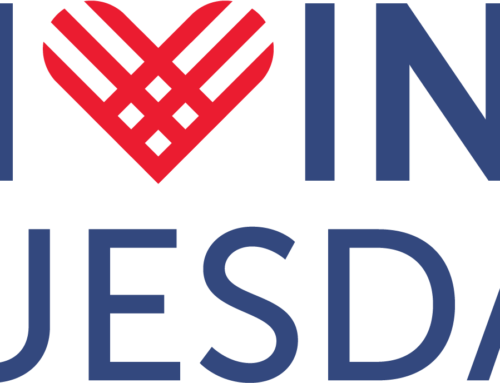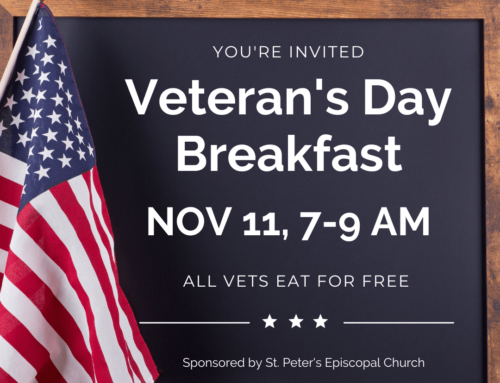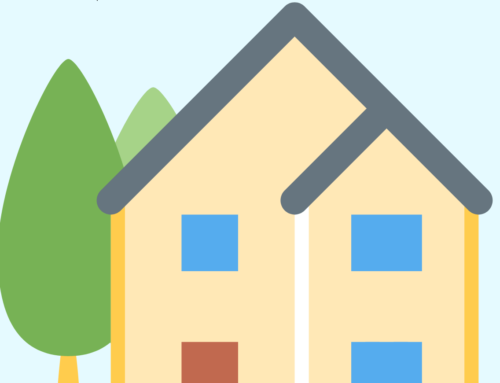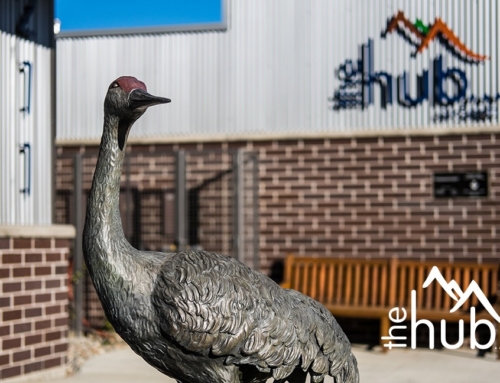“Commit yourself to lifelong learning.
The most valuable asset you’ll ever have is your mind and what you put into it.”
— Brian Tracy
It turns out, no matter our age, new knowledge is beneficial for us on multiple levels. Continuing research regarding the benefits of lifelong learning, in particular, nonformal and recreational types of learning for older adults, has been found to promote and sustain general feelings of well-being, self-efficacy, social support, and improved brain function.
It may be difficult to feel a general sense of well-being right now. However, pursuing a lifelong learning mindset can help us build a better sense of satisfaction with life. Acquiring new knowledge and skills can add meaning and purpose to our seemingly ordinary lives. Learning can also help us deal with uncertainty, boredom, and may even be exciting and fun, although not always comfortable at first. Depending on what we learn, we may develop a sense of feeling more connected to our community. Virtual connection with others can still give us a sense of community belonging and offer opportunities to collaborate, benefiting our hometown.
Learning something new increases our belief in our ability to succeed in a particular situation and cope effectively with uncertainty, unwanted change, and adversity. Learning offers new tools and ways to handle life events, even those unexpected. Plus, there is nothing more satisfying than a sense of achievement. Setting ourselves a goal to learn something new, then reaching it, is super rewarding and gives us a sense of accomplishment. Plus, the more we know, the more effectively we can operate in everyday life. It might be worth noting that mastering a new subject or endeavor does not have to be the goal. Let’s be honest, learning works differently for everyone. That is okay. Enjoy the journey. Let’s consider lifelong learning as essential self-care. Self-care is not a luxury, it is a necessity, especially now.
Taking up a hobby, or sport, or joining a class (even online) is a great way to meet new people. Not only will we learn something, but we’ll also spend time with other people who have similar interests and potentially make new friends. A healthy social support system helps enrich life quality by providing positivity and hope; a buffer against adverse life events. Historically our culture has successfully dealt with adversity by gathering to create emotional security and a sense of shared belonging. Since we often can’t gather in traditional ways right now, the Hub on Smith is learning, along with everyone else, innovative ways to adapt and remain connected. We are currently sharing experiences and learning by meeting in-person, online and through outdoor activities. Examples include the Family Caregivers, Older Relative Caregivers, Harvest Group (persons living with dementia), and Fun and Wellness programs. Participants can attend snow-shoeing outings, walking-groups, online Doc-Talks, exercise, cooking, and even watercolor classes. All these options, including enrollment in the Tech Connect Loan Program, help us stay more connected, learning more about various topics, ourselves and each other.
We are also learning from Hub participants’ through their reflections, the value of a weekly email, phone call, or handwritten letter. Consistent connection can be a lifeline for many of us who feel extremely socially isolated, benefiting the author and the lucky recipient. If you are feeling a-bit more isolated and lonelier, it may seem easier to keep to yourself. However, shutting down is hard on all of us. Learning something new is the opposite – reach out, try something different or novel, add a new twist on your favorite meal or look up an inspirational quote to share in a note with someone you love! Learning new ways to retune your mindset, life habits, and activities considering current social conditions, finding new ways to create ‘community’, and actively connecting with ourselves and each other, can transcend feelings of division and social isolation. It’s worth acknowledging this can be challenging, but you’re worth the effort.
Learning rewires your brain. Neuroplasticity, the phenomenon of your brain to make new connections between neurons, occurs at every age. In the same way physical exercise helps keep your heart healthy, mental exercise helps keep your brain in shape. Anything that challenges you to think about things in a new way, from crossword puzzles to learning to crochet, can help keep your mind fit. Learning can also improve your memory. You can train your mind to remember things more easily just like training your body to get up the stairs more easily. Overall recall is improved by practicing, repeating, or sharing your new skills and knowledge.
Adult learning opportunities come in many forms and can include fitness & health, music & dance, arts & crafts, language, computer, or practical skill classes. At the Hub on Smith, we usually host many of these types of classes in-person however, current offerings are adjusted to accommodate online learning platforms as our building is under-construction to complete an extensive HVAC project.
In this interim, please contact Lisa Wells, Hub on Smith Sr Fun & Wellness Coordinator at (307)672-2240 or [email protected] with questions, to enroll in activities, or to lead a future class.





